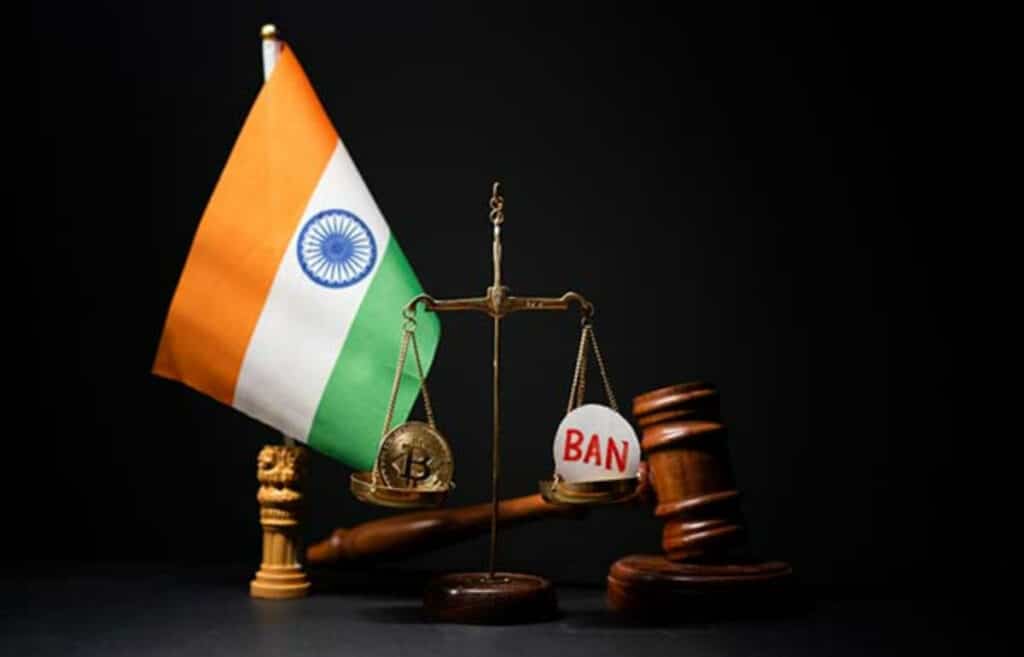The Internet and Mobile Association of India (IAMAI), the BACC’s parent group, has dissolved the Blockchain and Crypto Assets Council (BACC), the sole advocacy group representing the interests of India’s crypto industry, as per a formal statement made over WhatsApp.
Sources familiar with the matter of the decision stated that the IAMAI decided it without consulting the Blockchain and Crypto Assets Council.
“The Blockchain and Crypto Assets Council, which the association established and supported for four years, has announced that it is being disbanded, according to the Internet and Mobile Association of India.
The association was pressured to make this decision because the regulatory environment for the sector is still very questionable and since the association would prefer to use its limited resources for other emerging digital sectors that have a more direct and immediate influence on the development of digital India, such as advancing financial inclusion and endorsing for a central bank-issued digital currency (CBDC), as per the statement.
According to an insider, crypto founders lacked maturity when interacting with the government and resisted taking action on important issues despite being prodded by India’s parliamentary finance authority.
The promotion of products like the Crypto FD by crypto lending organizations came under fire recently for failing to adequately inform regular investors about the risks associated with the developing asset class.
One of the individuals claimed that the failure of cryptocurrency founders to appropriately address these risks in spite of repeated instructions from the finance ministry was one of the factors that led to the IAMAI closing its doors to cryptocurrency exchanges.
As per an insider with knowledge of the situation, the IAMAI believed the crypto sector needed to rethink its strategy because it was endangering the reputation and trust it had built up over years of working with emerging businesses.
BACC has been working relentlessly to bring the Indian crypto community under one roof since its establishment.
Previously, the committee’s main area of interest was public policy, and it worked closely with lawmakers, government officials, and business leaders.Leading cryptocurrency players in India, such as WazirX, CoinDCX, CoinSwitch, Kuber, ZebPay, BitBNS, Chingari, Vauld, and Mudrex, among others, are members of the council.
Cryptocurrency exchanges that are members of the council have indeed agreed to follow by a self-regulatory code of conduct that was created in collaboration with the key players in the sector.
An industry insider stated, “It is regrettable that this has happened at a time when things have gotten tough.”
During a video conference call with relevant stakeholders and representatives of cryptocurrency exchanges, the judgment was described as a “collective decision.”
One of the participants familiar with the call stated, “We were told that the IAMAI had detached itself from advocacy for crypto exchanges.
The person responded, “We did not get a straight explanation,” when asked what the decision meant for the industry.
There have been disagreements over how to respond to the new taxes on cryptocurrency trading inside the IAMAI and among some BACC members.
Some businesspersons believed that filing a lawsuit was the best course of action, but the IAMAI disagreed.
In contrast to their counterparts in other nations, Indian authorities have been skeptical of cryptocurrencies’ potential to revolutionize payments, financial services, and financial inclusion.
The announcement seems to be another setback for India’s cryptocurrency sector, which has already suffered from high taxes, payment processors cutting off exchanges, falling trading volumes, and a combination of the bear market.
Regrettably, BACC will no longer be in operation, which is bad news for crypto enthusiasts. When BACC is disbanded, the business community will no longer have a substantial policy advocacy organization.

